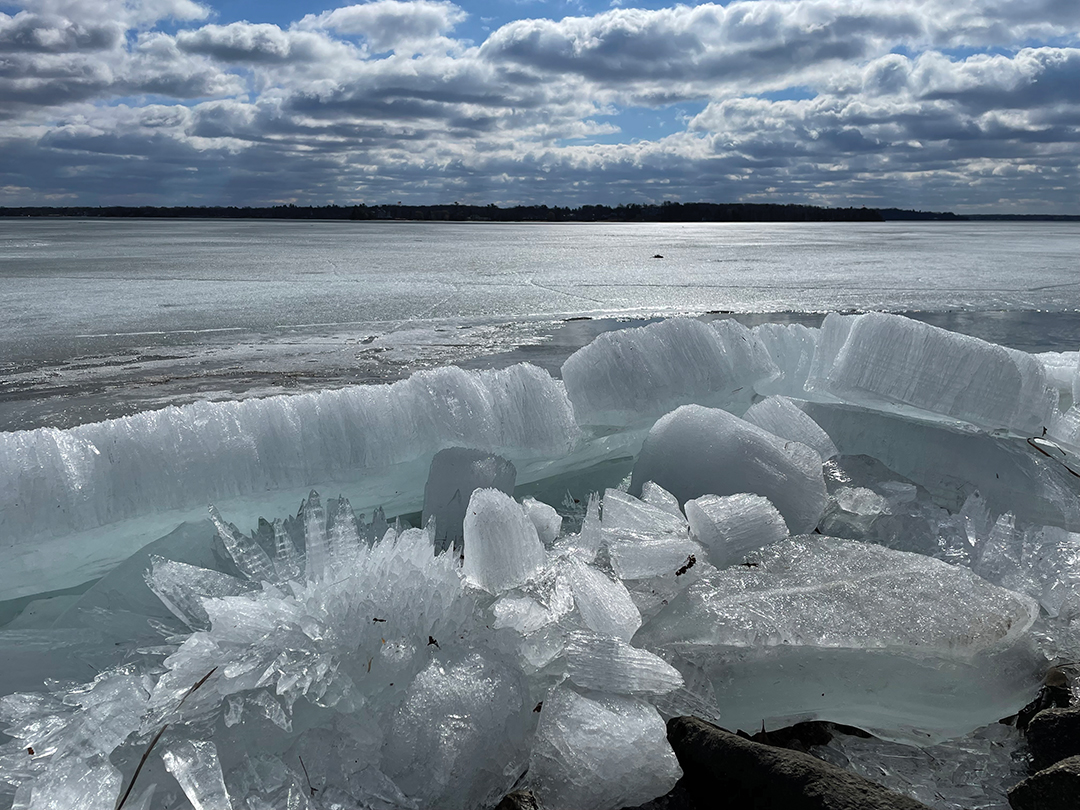
Our June issue is built around the themes of family, pets and senior living—about all of which we care deeply. We’ve woven articles throughout the magazine that touch on those topics. Before you dive into this issue, let’s get serious for a moment.
By now, readers, we’re well into the boating season, which attracts anglers, watersport enthusiasts and those just out for some freshwater-inspired fun or respite. While most know the importance of boat safety when it comes to alcohol consumption, boat lights, life jackets and waterway buoy (navigation) signals, let’s remind everyone about a silent threat to boaters—carbon monoxide (CO), an odorless, colorless gas that is produced when a fossil fuel is burned.
Sophia Baechler was only 7 years old when she died from CO poisoning while boating on Lake Minnetonka. Today, Minnesota enforces Sophia’s Law, which addresses potential CO emissions from enclosed occupancy compartments.
What does this mean for boaters? As a reminder, the law states that “all motorboats (regardless of fuel type) with an enclosed accommodation compartment must be equipped with a functioning marine CO detector system installed according to the manufacturer’s instructions. All gasoline-powered motorboats with any enclosed occupancy compartment must display the three CO warning stickers as directed by law.”
Enclosed accommodation compartments include designated sleeping accommodations, a galley area with a sink and a toilet compartment.
Additionally, gasoline-powered motorboats with any enclosed space surrounded by a boat structure intended for a person to enter, must have three CO warning stickers displayed. (Additional details can be found at dnr.state.mn.us or by calling 651.296.5400.)
The most common symptoms of CO poisoning include: chest pain, confusion, dizziness, headache, nausea, vomiting and weakness. People who are sleeping or who have been drinking alcohol can die from CO poisoning before experiencing symptoms, according to the Centers for Disease Control and Prevention.
Call 911 if you suspect CO exposure/poisoning. As with all medical-related issues, contact emergency personnel or your healthcare provider for guidance. For additional information, visit cdc.gov, or call 800.232.4636.
Be safe,
Renée Stewart-Hester






















